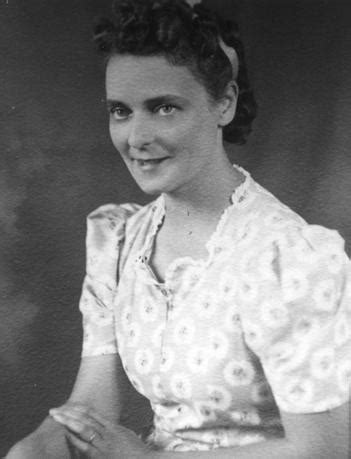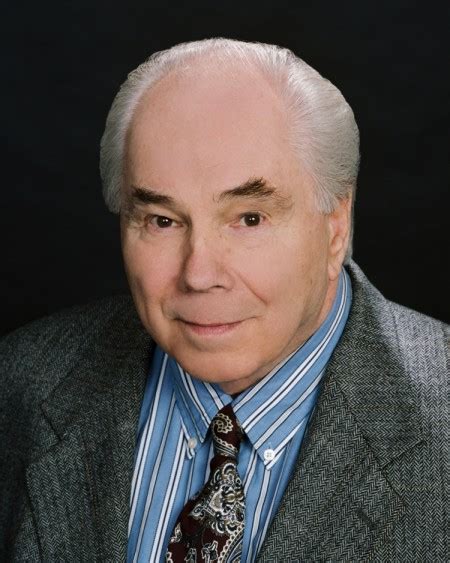A Quote by Benjamin Disraeli
Circumstances are beyond human control, but our conduct is in our own power.
Related Quotes
Physical weather certainly is beyond our control. ... But human weather - the psychological climate of the world - is not beyond our control. The human race is its own rain and its own sun. It creates its own cyclones and anti-cyclones. The ridges of high pressure which we sometimes enjoy, the troughs of low pressure which we so often endure, are of our own making and nobody else's.
To Epictetus, all external events are determined by fate, and are thus beyond our control, but we can accept whatever happens calmly and dispassionately. Individuals, however, are responsible for their own actions which they can examine and control through rigorous self-discipline. Suffering arises from trying to control what is uncontrollable, or from neglecting what is within our power. As part of the universal city that is the universe, human beings have a duty of care to all fellow humans. The person who followed these precepts would achieve happiness.
Our dreams of bringing the whole of human history under the control of the human will are ironically refuted by the fact that no group of idealists can easily move the pattern of history toward the desired goal of peace and justice. The recalcitrant forces in the historical drama have a power and persistence beyond our reckoning.
We are both burdened and blessed by the great responsibility of the will - the power of choice. Our future is determined, in large part, by the choices we make now. We cannot always control our circumstances, but we can and do choose our response to whatever arises. Reclaiming the power of choice, we find the courage to live fully in the world.
Our future may lie beyond our vision, but it is not completely beyond our control. It is the shaping impulse of America that neither fate nor nature nor the irresistible tides of history, but the work of our own hands, matched to reason and principle, that will determine our destiny. There is pride in that, even arrogance, but there is also experience and truth. In any event, it is the only way we can live.
When we stop trying to control events, they fall into a natural order, an order that works. We're at rest while a power much greater than our own takes over, and it does a much better job than we could have done. We learn to trust that the power that holds galaxies together can handle the circumstances of our relatively little lives.
We don't want to give the controls to someone else; we want those reins ourselves. We want to get our way. And we get upset when things don't work out. . . . When we try to control someone else or events beyond the scope of our power, we lose. When we learn to discern the difference between what we can change and what we can't, we usually have an easier time expressing our power in our lives. Because we're not wasting all our energy using our power to change things we can't, we have a lot of energy left over to live our lives.
Today the human race is a single twig on the tree of life, a single species on a single planet. Our condition can thus only be described as extremely fragile, endangered by forces of nature currently beyond our control, our own mistakes, and other branches of the wildly blossoming tree itself. Looked at this way, we can then pose the question of the future of humanity on Earth, in the solar system, and in the galaxy from the standpoint of both evolutionary biology and human nature. The conclusion is straightforward: Our choice is to grow, branch, spread and develop, or stagnate and die.

































